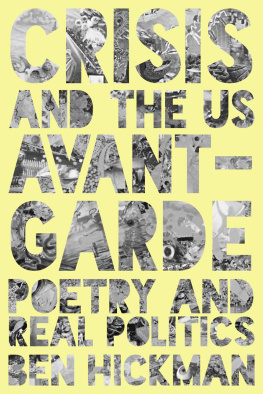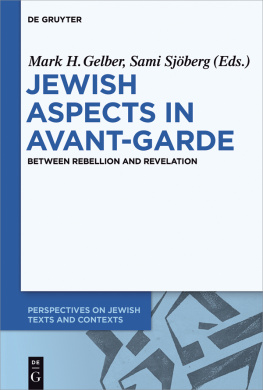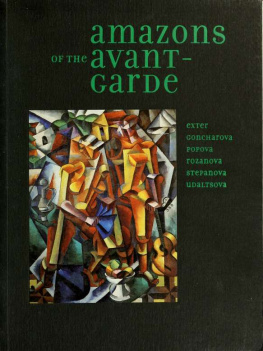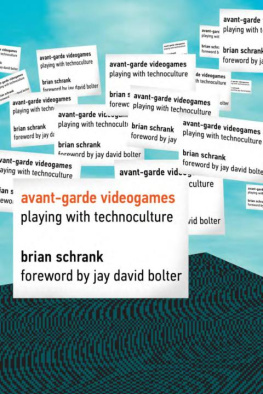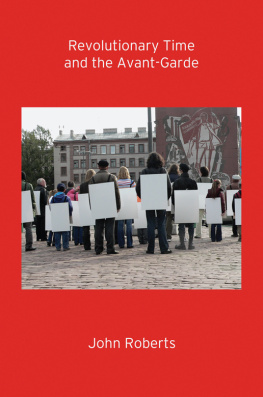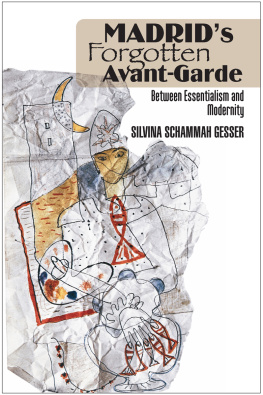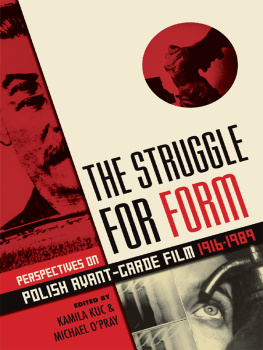
Crisis and the US Avant-Garde
Crisis and the US Avant-Garde
Poetry and Real Politics
Ben Hickman

Ben Hickman, 2015
Edinburgh University Press Ltd
The Tun Holyrood Road
12(2f) Jacksons Entry
Edinburgh EH8 8PJ
www.euppublishing.com
A CIP record for this book is available from the British Library
ISBN 978 0 7486 8287 4
The right of Ben Hickman to be identified as the author of this work has been asserted in accordance with the Copyright, Designs and Patents Act 1988, and the Copyright and Related Rights Regulations 2003 (SI No. 2498).
Published with the support of the Edinburgh University Scholarly Publishing Initiatives Fund.
Contents
Acknowledgements
This book is dedicated to David Herd, without whose mentoring and support I would never have written it. My grateful thanks also to those who read parts of the study: Sara Lyons, Michael Heller, Ralph Maud, Kat Peddie, Paul March-Russell, Ian Brinton and especially Richard Parker.
All Louis Zukofsky material copyright Paul Zukofsky; the material may not reproduced, quoted, or used in any manner whatsoever without the explicit and specific permission of the copyright holder. Extracts from Muriel Rukeyser copyright William L. Rukeyser, and used with permission of International Creative Management. Charles Olson poems copyright University of California Press, 1997, and quoted with permission. Works by Charles Olson published during his lifetime are held by the Estate of Charles Olson. Previously unpublished works by Charles Olson are copyright of the University of Connecticut Libraries. Figure 1 used with permission. Wichita Vortex Sutra by Allen Ginsberg copyright Allen Ginsberg, 1996, used by permission of The Wylie Agency (UK) Limited.
Introduction
In 2012, the Californian poet Joshua Clover, recipient of the Walt Whitman Award, professor of English at University of California Davis and regular contributor to The New York Times and The Nation, had this to say about the politics of poetry:
I think that for a while now, many of us poets have been telling ourselves lies about the political force of poetry. Many of these we know by heart. Speaking truth to power. Finding the form which might both reveal and persuade. Preserving the space of critique. Preserving the feel of some undomesticated common zone. Giving voice to the voiceless. Laying bare the truth of the ineluctably immiserating mechanism in which we live. We have been aided in this set of justifications by that peculiar historical development known as capital-T Theory, and particularly by ideas based around the primacy of discourse and the materiality of the signifierideas which allow activities at the level of language to claim the same material force as a thrown brick. Both constitute the world.
But its such bullshit, isnt it?
Clover was arrested in 2009 for his participation in student protests at his workplace and has been one of the most involved activists in and sensitive commentators on social movements flourishing in the wake of the 2008 global recession. His conclusion that recent theoretical politicisations of poetry be dismissed as bullshit is likely not, then, the bluff refusal of the reactionary, rejecting any political force falling outside the status quo. The targets of Clovers engaged statement, those particular Theory-based and language-centred conceptions of the poetic, are more carefully addressed than the sweep of his list would seem to imply. As Clover has put it elsewhere, Certain things will have to be actively destroyed on the side of capital And they will not be destroyed with language.Romanticism, that treats the political efficacy of poetry as an already existing fact. For any political poetics put forward today, seeing this for the uncritical assumption it is may be a good place to start. Rather than presuming that all the worlds important political energies inhere in poetry at all times, this study examines what poems historically have and have not been able to do to affect, effect, articulate within and against the structures of the avant-garde.
1 Crisis and the avant-garde
For the last forty years, experimental American poetry has concerned itself programmatically with its own political functions. Poets and critics, influenced by French theory and the Language writing that most successfully imported it into an American poetic context, have succeeded in theoretically inscribing issues of poetic technique within the broadest historical processes: the production of meaning, commodification, and the rule of capital itself. The aim here has been directive rather than descriptive: Language writing and its descendants today continue to seek a poetry that will directly intervene in the fight against capital that will, in the words of Ron Silliman, carry the class struggle for consciousness to the level of consciousness through poems that, in their very form, challenge commodity fetishism and surplus value. This ambitious sense of literary force has necessarily been long on speculative theories of poetrys politics and short on analysis of the context and affect of individual political poems. From such speculation Sillimans project has fostered an environment in which experimental poetry becomes the most important political activity of our times. Likewise, the particular energies of poetry are impoverished by pressing them into a direct assault on the economic base of capitalism they are ill-equipped to make.
This study rejects such literalisations of the poem and its alleged formal correspondences with economic processes. Rather, crisis stands in this study as something throwing into relief dynamics at work in poetry at all times, since all times relate themselves in one way or another to crisis, whether in preparation for it, in the grip of its moment, or in its wake.
Following events like September 11, the Iraq war and the global recession after 2008, the word crisis has become ubiquitous in the Anglophone world. From politicians only too willing to invoke it as an excuse for a whole range of extra-ordinary measures to its commodification in the media trade of alienated Schadenfreude, the multiple uses of the term show a concept itself in crisis, threatened with meaninglessness. The significance of crisis can, however, be wrested from its approximations. The key distinction for this study is between a sense of crisis as permanent chaos and crisis understood as an essentially punctual phenomenon. The former is often based on a certain reading of Marx, proposing that capitalism is always in crisis, which it exploits and finds perpetually necessary for its existence.
In concrete terms the distinction between crisis as a process and crisis as a multitude of moments helps to separate economic dynamics from the political sphere, a separation central to contemporary conceptions of crisis. Jrgen Habermass notion of a legitimation crisis, for example, holds that political crisis occurs when any government lags behind programmatic demands that it has placed on itself to manage capitalisms economic contradictions, but his more pertinent contention for this study is what the States increasing success means for other political agents. As governments better manage economic crises, according to Habermas, so the systemic problems of capitalism are transferred to the shoulders of government planning, creating an increased sense of social power over forces previously conceived as natural and insuperable. Structurally the argument is not dissimilar to Lenins in
Next page
